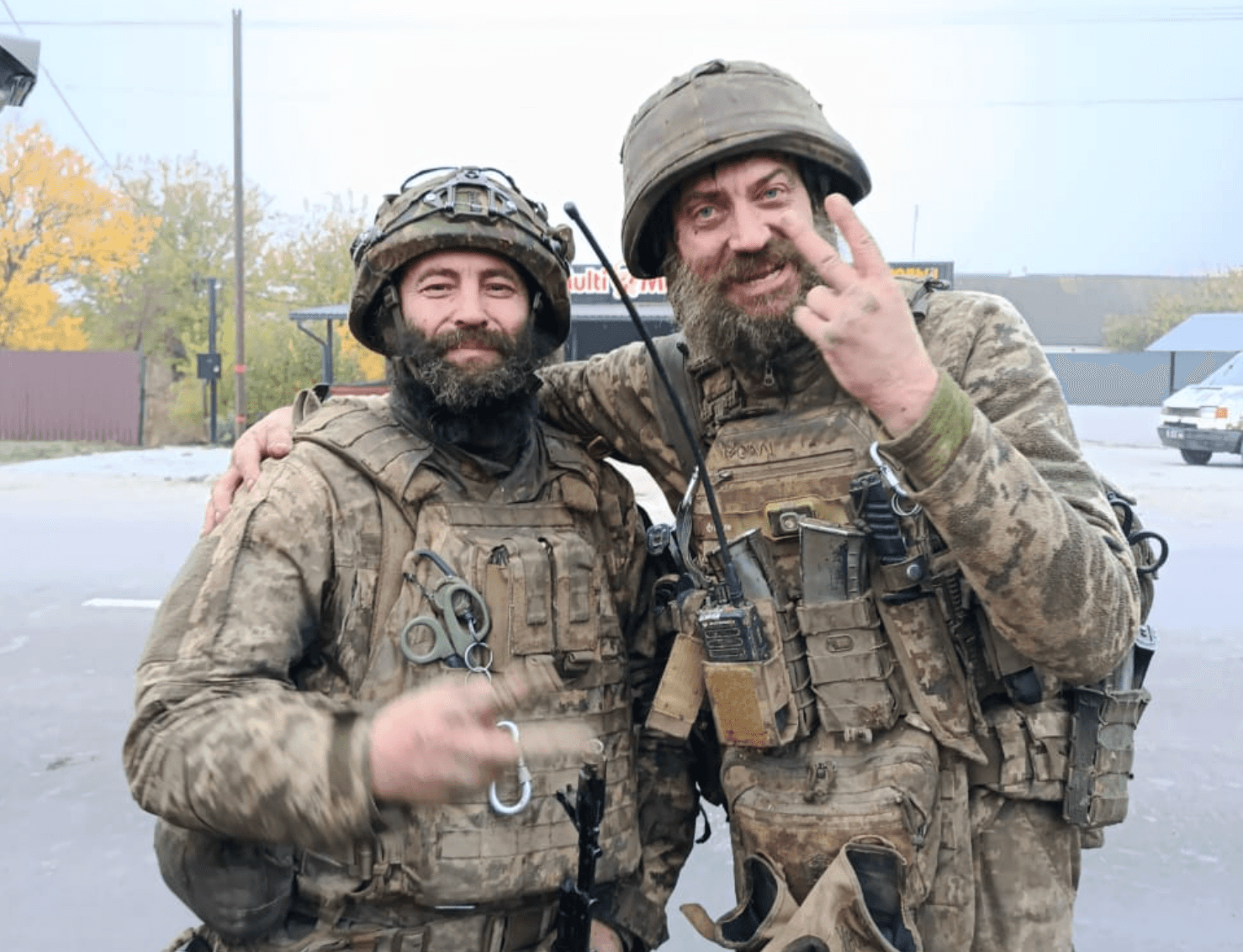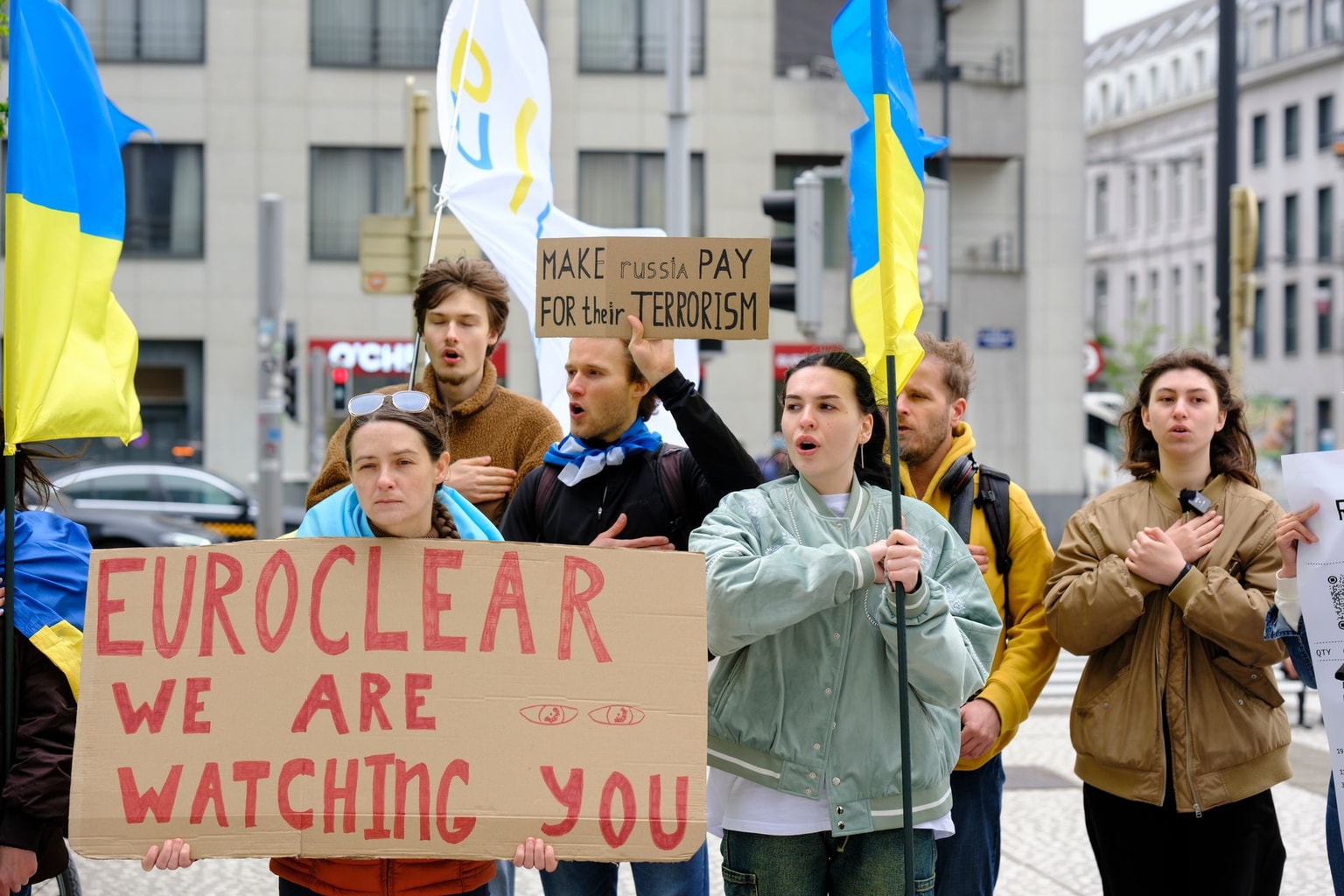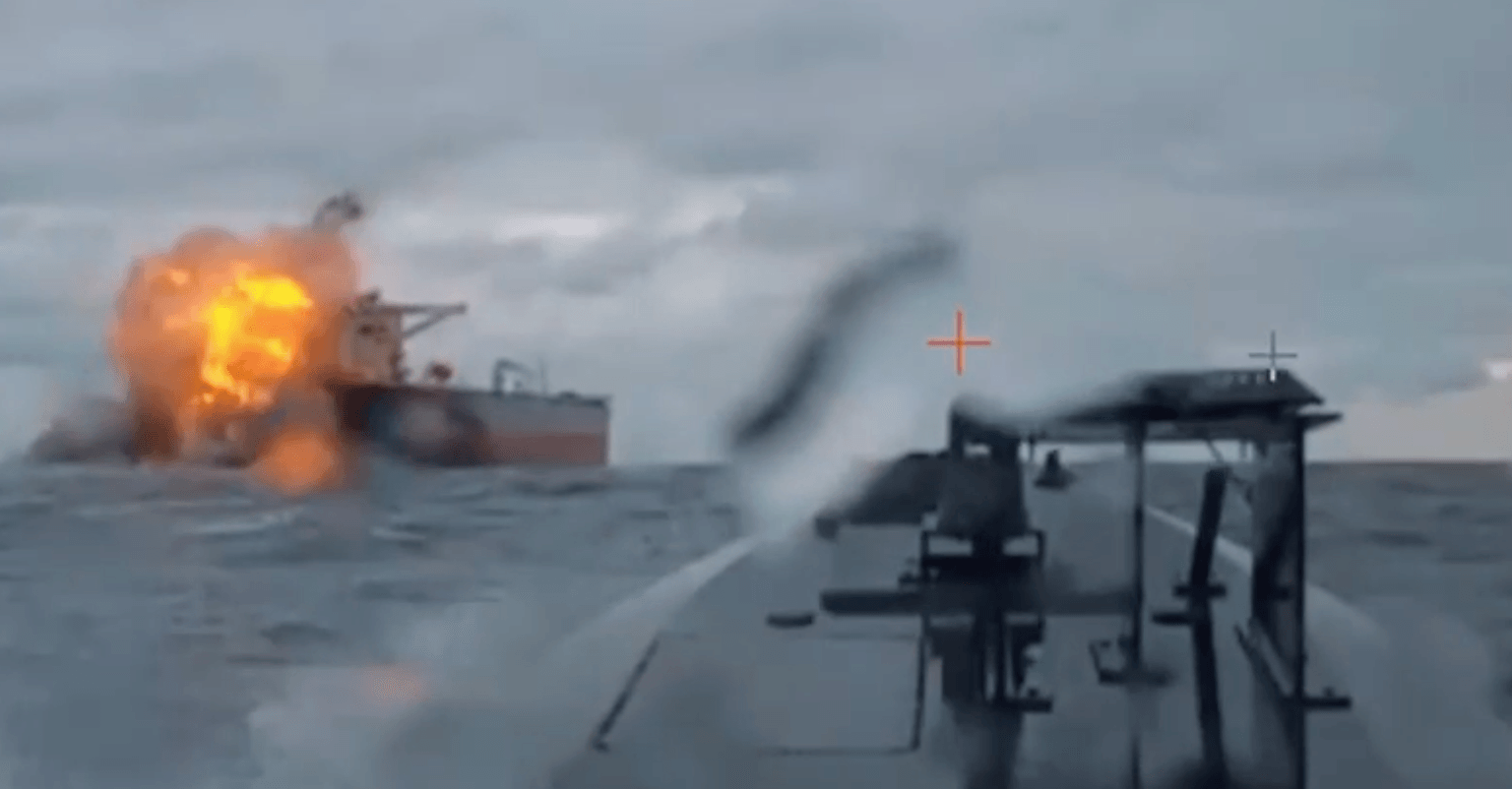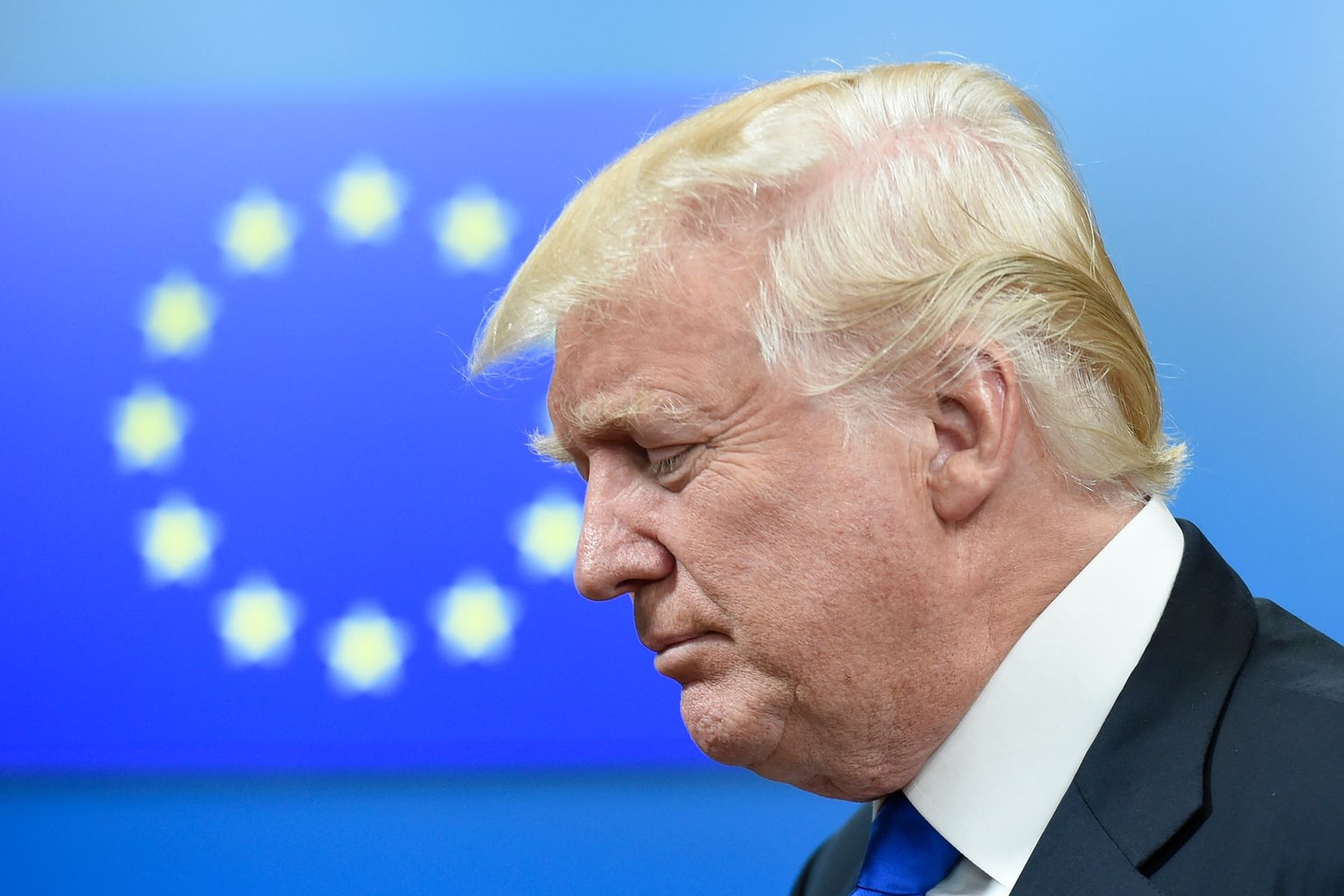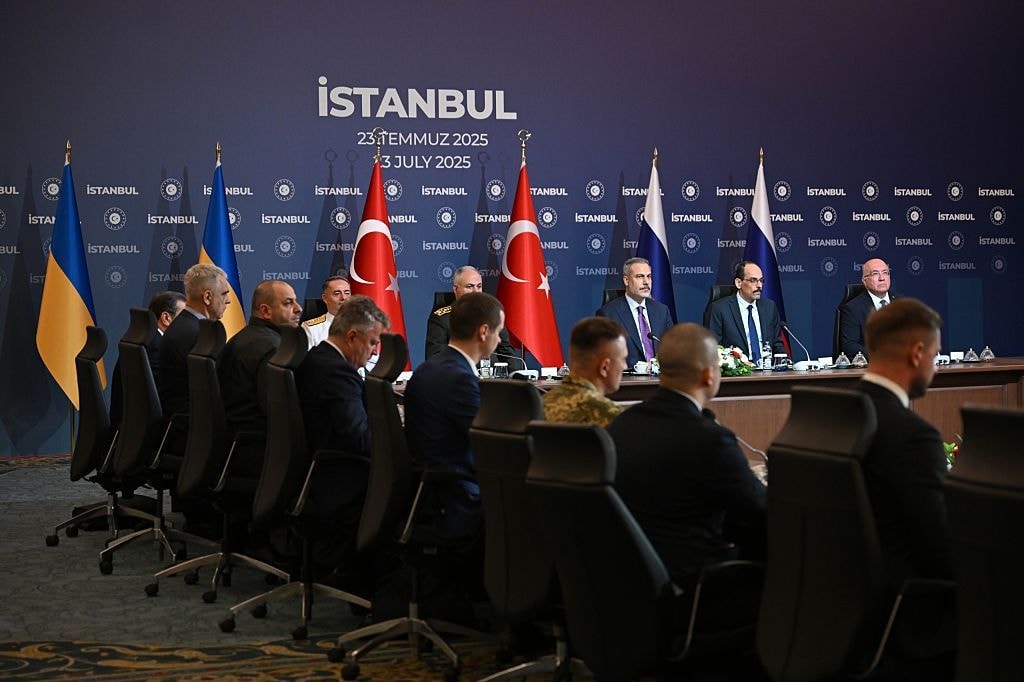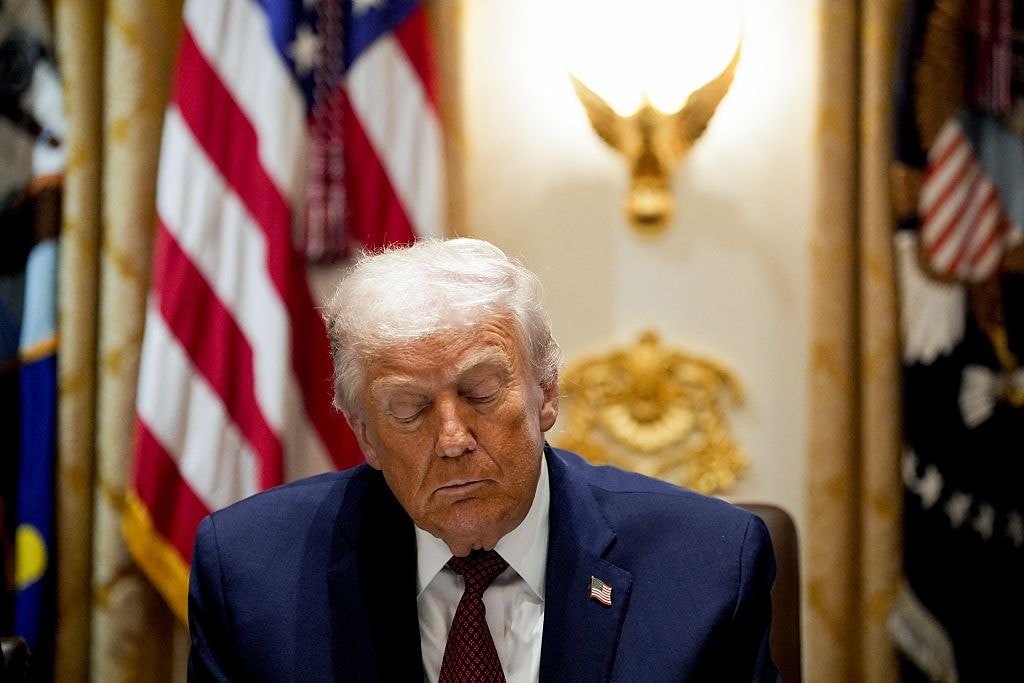Germany bars Russian, Belarusian envoys from WWII anniversary session

Germany has excluded the ambassadors of Russia and Belarus from a special session of the Bundestag set for May 8 to commemorate the 80th anniversary of the end of World War II in Europe, Reuters reported on April 17.
The decision reflects growing dissatisfaction in Berlin with the way Russian President Vladimir Putin continues to manipulate the legacy of the war to justify Russia's full-scale invasion of Ukraine.
"This assessment led to the ambassadors of the Russian Federation and Belarus, among others, not being invited," the statement reads.
Representatives from other embassies will attend the commemoration, which will take place in the Bundestag's plenary hall. The ceremony will mark the end of Nazi Germany's genocidal campaign across Europe.
In response, Russian Foreign Ministry spokesperson Maria Zakharova condemned the decision, calling it an insult by the "ideological heirs and direct descendants" of those who carried out Nazi leader Adolf Hitler's killings.
Putin has repeatedly drawn false comparisons between World War II and the war in Ukraine, framing the latter as a continuation of the Soviet Union's fight against Nazism.
His annual May 9 Victory Day address often invokes such rhetoric, falsely accusing the Ukrainain leadership of Nazi ideology.
While European countries mark Victory in Europe Day on May 8 with somber ceremonies, Russia uses May 9 to stage large-scale military parades and patriotic displays.
The Kremlin has invited leaders from China, Israel, Brazil, Slovakia, and Serbia to attend this year's Victory Day celebration in Moscow.
In turn, Ukraine has invited European leaders to visit Kyiv on May 9 in a symbolic move to counter Putin's annual Victory Day parade in Moscow.



